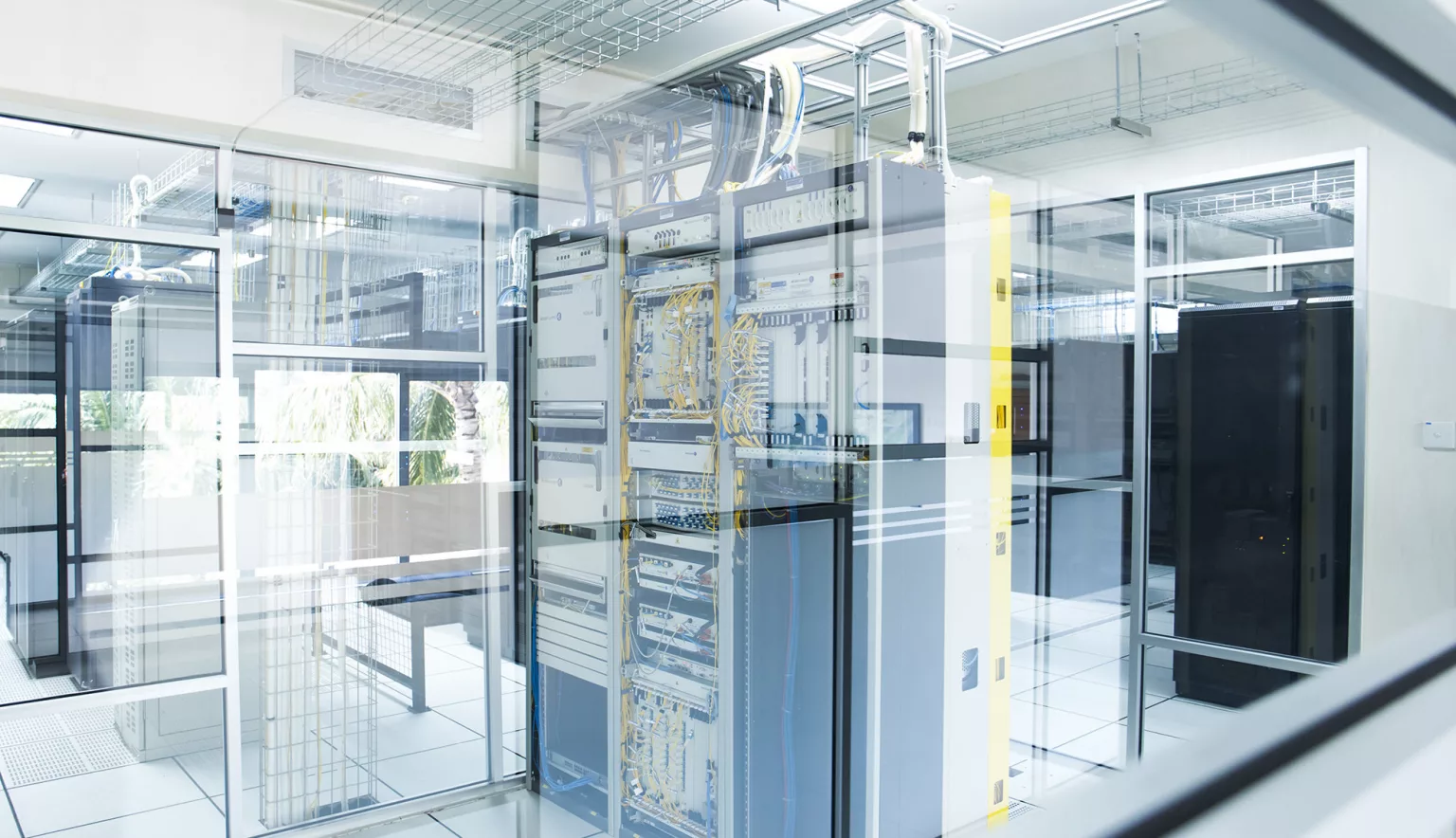Michael McPhail, CTO of Moratelindo, discusses the path to growth following a challenging year within Indonesia.
INDONESIA’S CRITICAL CONNECTOR
Against the backdrop of the coronavirus pandemic, many companies are seeking to recover from what has been the most challenging year ever.
However, in the case of Moratelindo, expansion is on the horizon. The Indonesian tech specialist has laid more than 40,000 kilometres of cable over the past few years and has plans to scale that figure to 100,000 within the next three to four years.
“It’s been a strange year,” admits Michael McPhail, CTO of the company. “We’ve been fortunate that we haven’t been disrupted as badly as other industries. 2021 for us is about major expansion and I’m looking forward to the future.”
Indeed, Moratelindo is considered one of the largest network access providers in Indonesia. Based in Jakarta, the company is a domestic telecommunications service network operator that runs its business in the field of broadband ecosystems, specifically the internet, data centres, interconnection network leases, domestic and international.
And the firm is in safe hands. With over 20 years of telecoms experience to McPhail’s name, there isn’t much he hasn’t seen since moving into the industry two decades ago. But, his move to Asia happened by chance and so began a chain of events which would eventually lead him to Moratelindo, which he joined in January 2016.
“I felt there was scope for so much growth at Moratelindo,” explains McPhail. “The company was in a unique position because it’s privately owned and has collaboration with all other players in the market.”
In tandem with his responsibility to oversee the planning and execution of his firm’s planning, engineering, project and operations, McPhail looks after IT where the majority of its applications are developed in-house. The company adopts the same approach for all project deployment, where it purchases materials itself and manages the fibre infrastructure, while also working on any maintenance internally too. McPhail explains that the reason for this is that it provides Moratelindo greater cost control and can enable the firm to respond quickly to customer issues. For the work that can’t be conducted in-house, Moratelindo has partnered with Cisco, Nokia, Huawei and ZTE. “Managing our spend is vital to us but at the same time we only deal with the best in the market,” explains McPhail.
“If we invest in the right infrastructure and equipment then it will benefit us in the long-term. The most important point is that we work together in partnership and that we’re constantly reviewing and adapting based on market demands.”
Moratelindo is growing. The number of staff the company employs has increased exponentially and now stands at over 2,000.
And McPhail believes what sets the firm apart is its customer-centric approach. “We really pride ourselves on our ability to deliver not just a new connection as quickly as possible but for it to be best-in-class and that if something does go wrong, we’re on hand to fix it quickly,” he explains.
One of the biggest projects that McPhail has overseen during his tenure has been the major Palapa Ring network, with Moratelindo winning its bids on the East and West regions. In 2019, Moratelindo successfully completed the project which digitally connects 440 cities or regions in over 30 provinces. The fibre optic network has a total length of 10,710 kilometersand connects Riau, Riau Islands, NTT, NTB, Maluku, Papua and West Papua together.
With the western division completed quickly and efficiently, the eastern ring was far more challenging to complete. “Our marine surveyors described the western division as one of the most complex submarine cable projects they’ve ever seen,” explains McPhail. “There was around 6,000 kilometers of submarine cable that passed through tectonic plates and through the outer edges of the Ring of Fire at water depths of five kilometers.”
McPhail explains that one of the hardest tasks with the eastern project was getting the 2,000 kilometers of terrestrial cable laid. “We had to build 52 towers, with over half of them inaccessible by road,” he says. “The only way we could construct it was using helicopters.”
In Indonesia continuous construction can meddle with underground cables. “We have to work proactively to make sure our cables aren’t damaged,” affirms McPhail. “there’s no protection or consequence for damage to cables. It’s down to us to protect our infrastructure.”
However, McPhail relishes challenging projects and believes they are the most rewarding. “I love it – I can’t get out of bed without it,” he quips. “I don’t like an easy life.”
McPhail is clearly a man that doesn’t like to stand still. This extends to the adoption of new technology and he recognises the significance of maintaining an agile approach. “We like to be the frontrunners in the market,” he adds. “We constantly monitor what’s happening and if we see something that brings value then we leverage it.”
And monitoring the latest developments has been essential during 2020 as a result of the global COVID-19 pandemic that has been felt worldwide. But, McPhail is thankful that his organisation responded quickly and positively in the face of adversity.
“The pandemic has been a challenge for everyone,” he admits. “But, to us, the most important thing is our employees. We must ensure they’re motivated and happy. We’ve tried to adapt and change our culture to do right by them and we currently have a work from home policy because it’s essential that our staff are safe and healthy.”
“The key thing is adaption to change – our team is at the heart of what we do.”




































